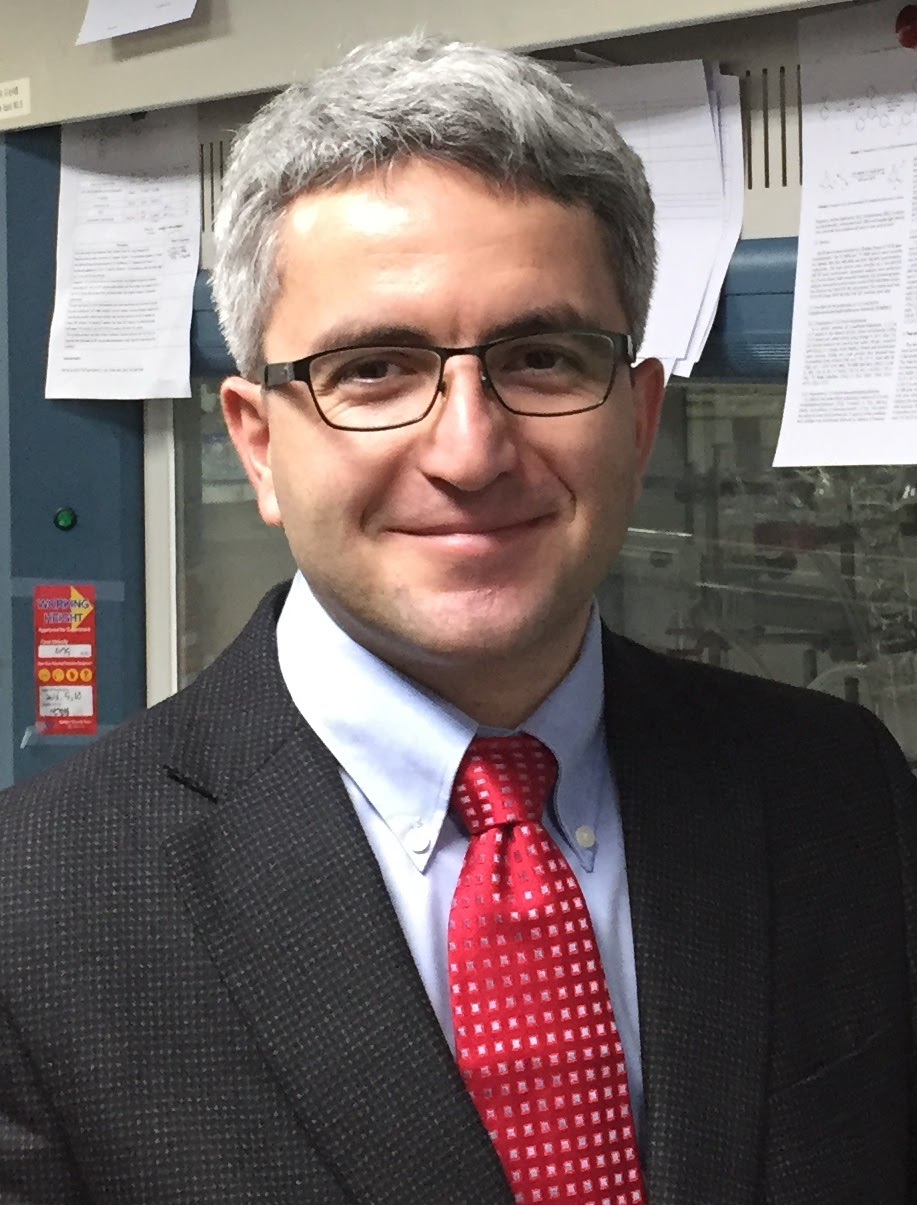
 Download
Download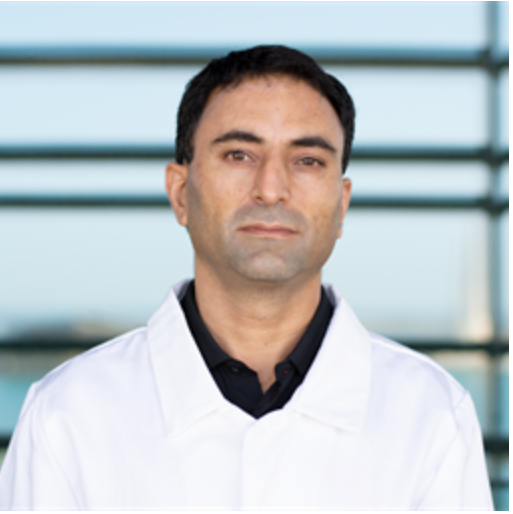
Research Assistant Professor, UNIST, Ulsan, South Korea, 2017-2021
CTO, RuC2N, Ulsan, South Korea, 2018-2020
Postdoctoral Research Associate, UNIST, Ulsan, South Korea, 2015-2017
Research Assistant, GIST, Gwangju, South Korea, 2009-2011
Junior Research Assistant, ICCBS, Karachi, Pakistan, 2007-2009
Ph.D. Energy Engineering, UNIST, Ulsan, South Korea, 2015
M.Sc. Chemistry, Peshawar University, Pakistan, 2007
B.Sc. Chemistry, Malakand University, Pakistan, 2004
Dr. mahmood's research focuses on the design and synthesis of organic frameworks for different applications, from gas adsorption to electronic applications. his current focus is on the design and synthesis of efficient catalysts for water splitting, heterogeneous catalysis, and safe storage of gases.
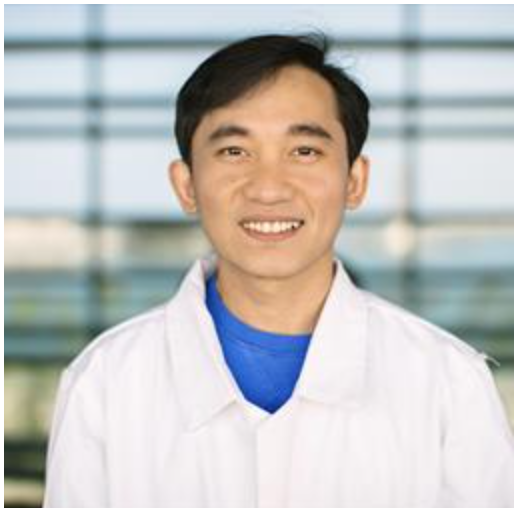
2021-present Research Scientist at King Abdullah University of Science and Technology, Thuwal, Saudi Arabia
2018-2020 Postdoctoral Researcher at Korea Advanced Institute of Science and Technology (KAIST)
2016-2017 Researcher/Lecturer at Ton Duc Thang University, Vietnam
2015 Postdoctoral Research Associate (Florida State University)
2015 PhD., Organic Chemistry, University of Houston, Houston, Texas, USA
Design and synthesis of porous covalent organic polymers.
Application of porous materials in gas capture, separation and conversion.
Develop organic synthetic methodology
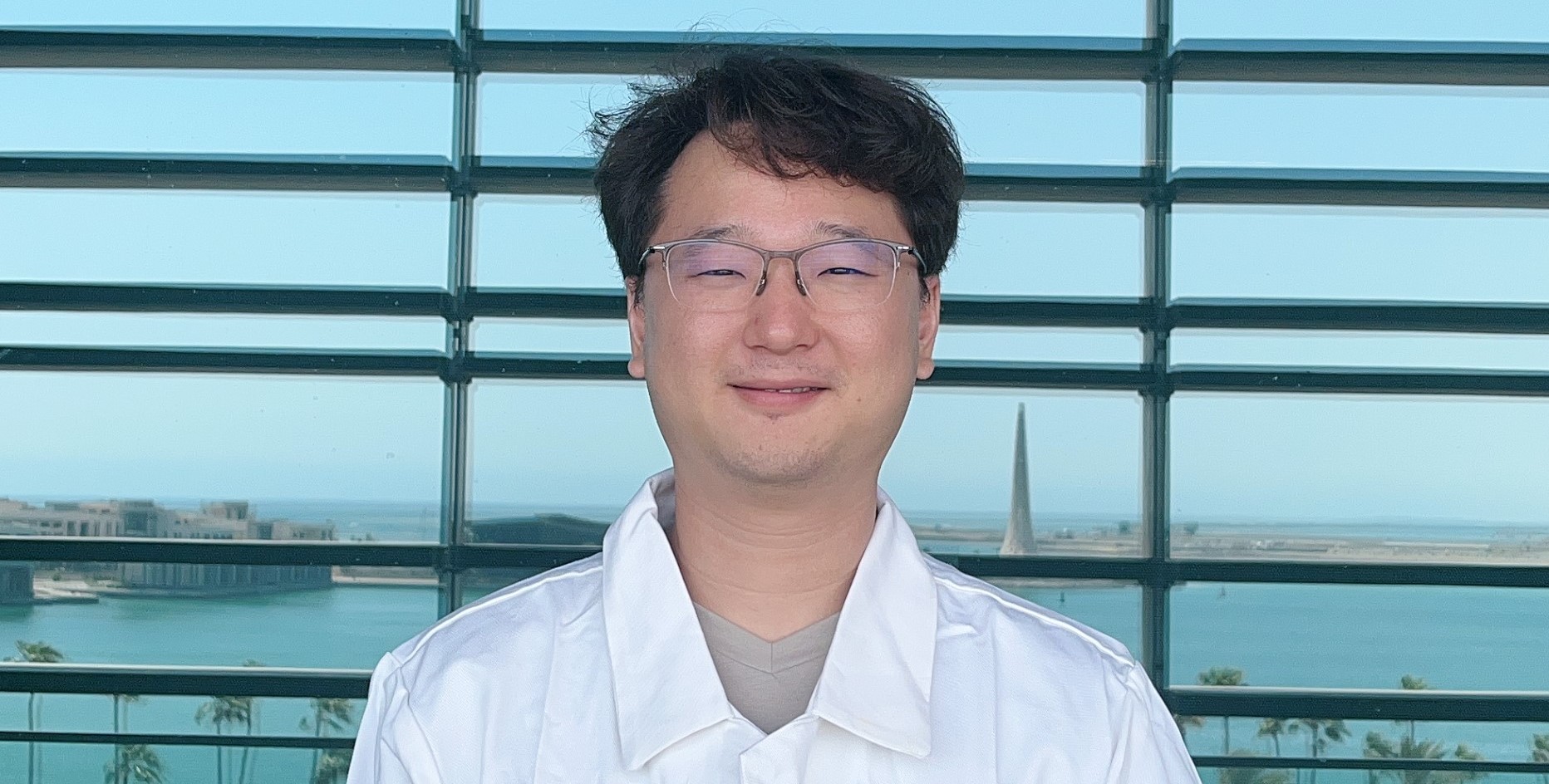

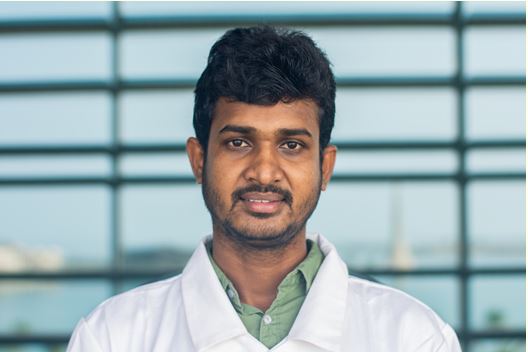
Sep 2022 onwards: Postdoctoral researcher, KAUST, Thuwal, Kingdom of Saudi Arabia
May 2021 - June 2022: Research Associate, IISER Mohali, SAS Nagar, India
Oct 2019 - Mar 2021: Research Associate, Amity University, Newtown, Kolkata, India.
July 2019 - Oct 2019: Research Associate, IACS Kolkata, Jadavpur, Kolkata, India.
Ph.D. in Chemistry (Materials Science), IACS Kolkata, Jadavpur, Kolkata, West Bengal, India. 2019
M.Sc. in Chemistry, IIT Guwahati, Guwahati, Assam, India. 2013
B.Sc. in Chemistry, Krishnath College (University of Kalyani), Berhampore, India. 2011
My chief research interest lies in the development of novel organic or organic-inorganic hybrid nanoporous materials and exploring their emerging application in the field of adsorption, ion exchange, gas storage, solar cell, catalysis and other frontline areas of energy research.
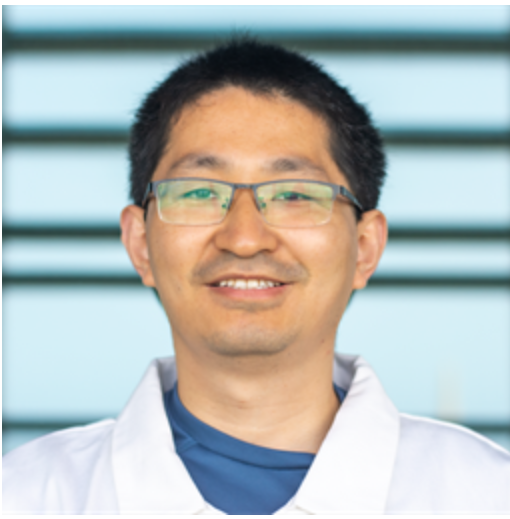
Postdoctoral fellow, Max Planck Institute of Colloids and Interfaces, Potsdam, Germany, 2019-2022
Ph. D., Industrial Catalysis, Dalian Institute of Chemical Physics (DICP), Chinese Academy of Sciences (CAS), Dalian, China, 2019
B. Sc., Chemical Engineering, Dalian University, Dalian, China, 2013
Design and synthesis of novel catalytic sites specific heterogeneous catalysts, and the investigation of the reaction mechanisms.
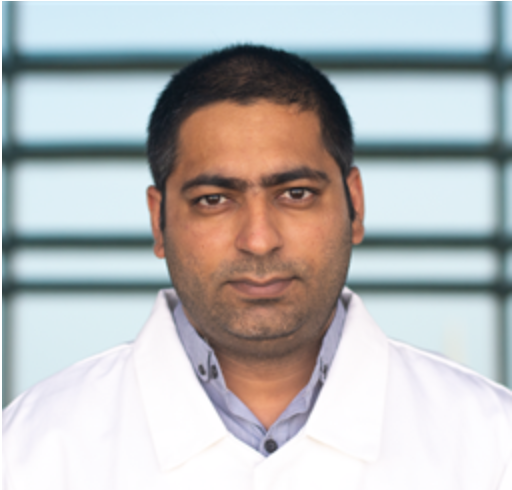
2022-present Postdoctoral fellow at King Abdullah University of Science and Technology, Thuwal, Saudi Arabia
2020-2022 Postdoctoral fellow at Tsinghua University, Shenzhen, China
2017-2019 Academic tutor at University of Wollongong, Wollongong, Australia
2011-2016 Lecturer at University of Engineering and Technology, Taxila, Pakistan
2010-2011 Environmental Engineer at Euroconsult Pakistan Pvt. Ltd., Lahore, Pakistan
2019 PhD., Environmental Engineering, University of Wollongong, Wollongong, NSW, Australia
2014 M.Sc., Environmental Engineering, National University of Sciences and Technology (NUST), Islamabad, ICT, Pakistan
2010 B.Sc., Environmental Engineering, University of Engineering and Technology (UET), Lahore, Punjab, Pakistan
I am an environmental engineer and a membrane technologist. His research is in the general area of the water-energy nexus. My current research interests include the design and development of innovative nanomaterials for membrane fabrication, heterogenous catalysis and sorption with the overall aim to generate clean water, destruct micropollutants of emerging concern, and/or recover metals and nutrients.
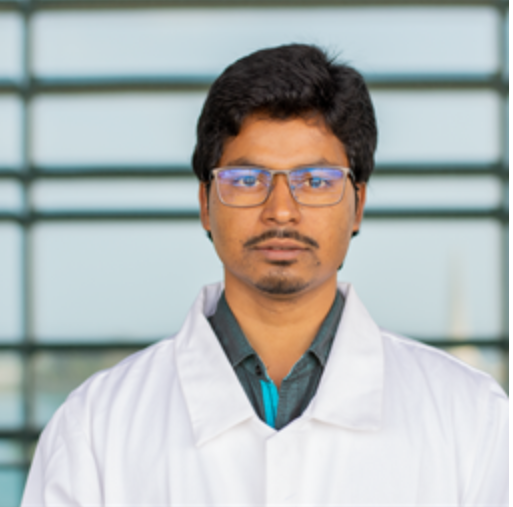
2021 - Present: Postdoctoral fellow, KAUST, Thuwal, Saudi Arabia.
2019-2020: Senior Scientist-Chemist, Halliburton Technology Center, Pune, India.
Ph.D.: Chemistry, Academy of Scientific and Innovative Research (AcSIR), CSIR-NCL, Pune, India, 2019.
M.Sc.: Chemistry, Indian Institute of Technology Bombay (IIT Bombay), Mumbai, India, 2013.
B.Sc.: Chemistry, West Bengal State University (WBSU), RKMVCC, Kolkata, India, 2011.
Porous crystalline polymers are emerging materials suitable for heterogeneous catalysis. The long-range structural order helps to understand the orientation of catalytically active centers inside the framework. Moreover, the stability and the porosity provide an additional advantage to increasing the turnover number (TON) and good recyclability during the catalytic process.Therefore, my research interest is in designing and synthesising new porous crystalline polymers for heterogeneous catalysis.
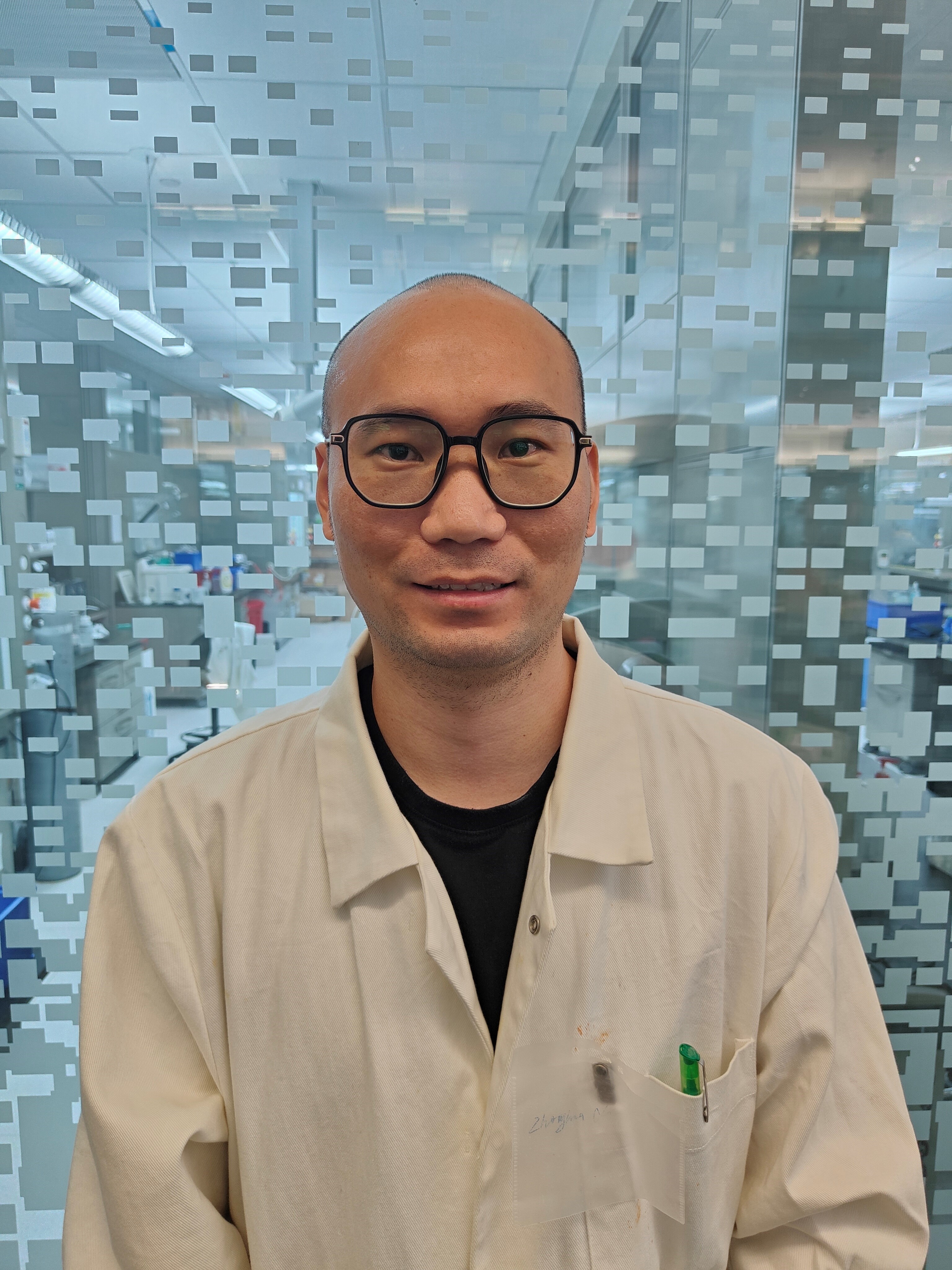
2021-Present: Postdoctoral fellow, KAUST, Thuwal, Saudi Arabia.
2016-2020: Ph.D., Chemistry, Shanghai Jiao Tong University, Shanghai, China
Heterogeneous catalysis.
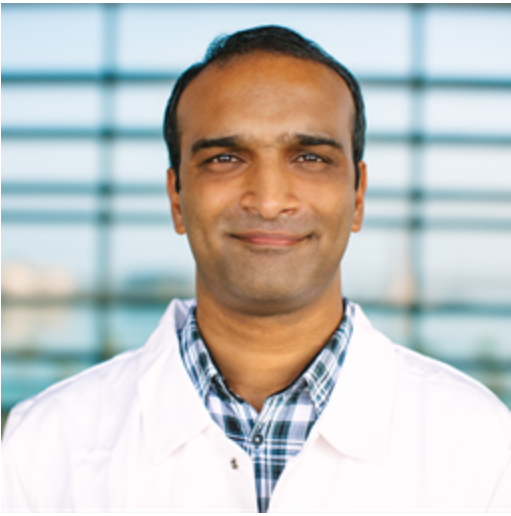
2019 - 2021: Independent Consultant, Springer Nature India
2019 - 2020: Associate Scientist, Breathe Applied Sciences Private Limited, Bengaluru, India
2018 - 2019: Postdoctoral fellow, Iowa State Univeristy, Ames, Iowa
2011 - 2017: Ph.D., Chemistry, Iowa State University, Ames, Iowa, USA
Bimetallic and Intermetallic nanoparticles for catalysis.
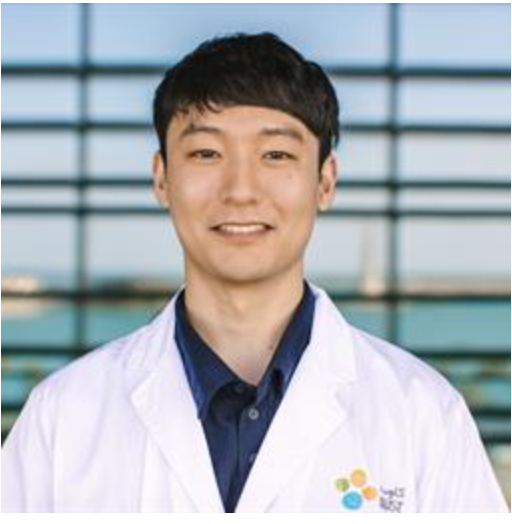
2021 - Present: King Abdullah University of Science and Technology (KAUST) Prof. Cafer T. Yavuz group
2019 - 2021: Ulsan National Institute of Science and Technology (UNIST) School of Energy and Chemical Engineering Prof. Jong-Beom Baek group
2016 - 2017: Visiting Researcher, Prof. James De Yoreo group, Pacific Northwest National Laboratory (PNNL), Richland, US
Ph.D. School of Energy and Chemical Engineering, Ulsan National Institute of Science and Technology (UNIST), Ulsan, South Korea, 2019.
B.Sc. School of Energy and Chemical Engineering & School of Material Science Engineering, Ulsan National Institute of Science and Technology (UNIST), Ulsan, South Korea, 2014.
My field of research is interested in designing porous materials and performing catalysis efficiently. To design a porous material, a fully aromatized reactions (fully conjugated polymers) are used or functionalized the carbon materials. Thermodynamically stable form of porous materials can be used in energy materials in a variety of ways. For one example, it can be applied to hydrogen production through water electrolysis, ammonia decomposition, or other organic chemical reactions (dehydrogenation) for a carbon-free economy.
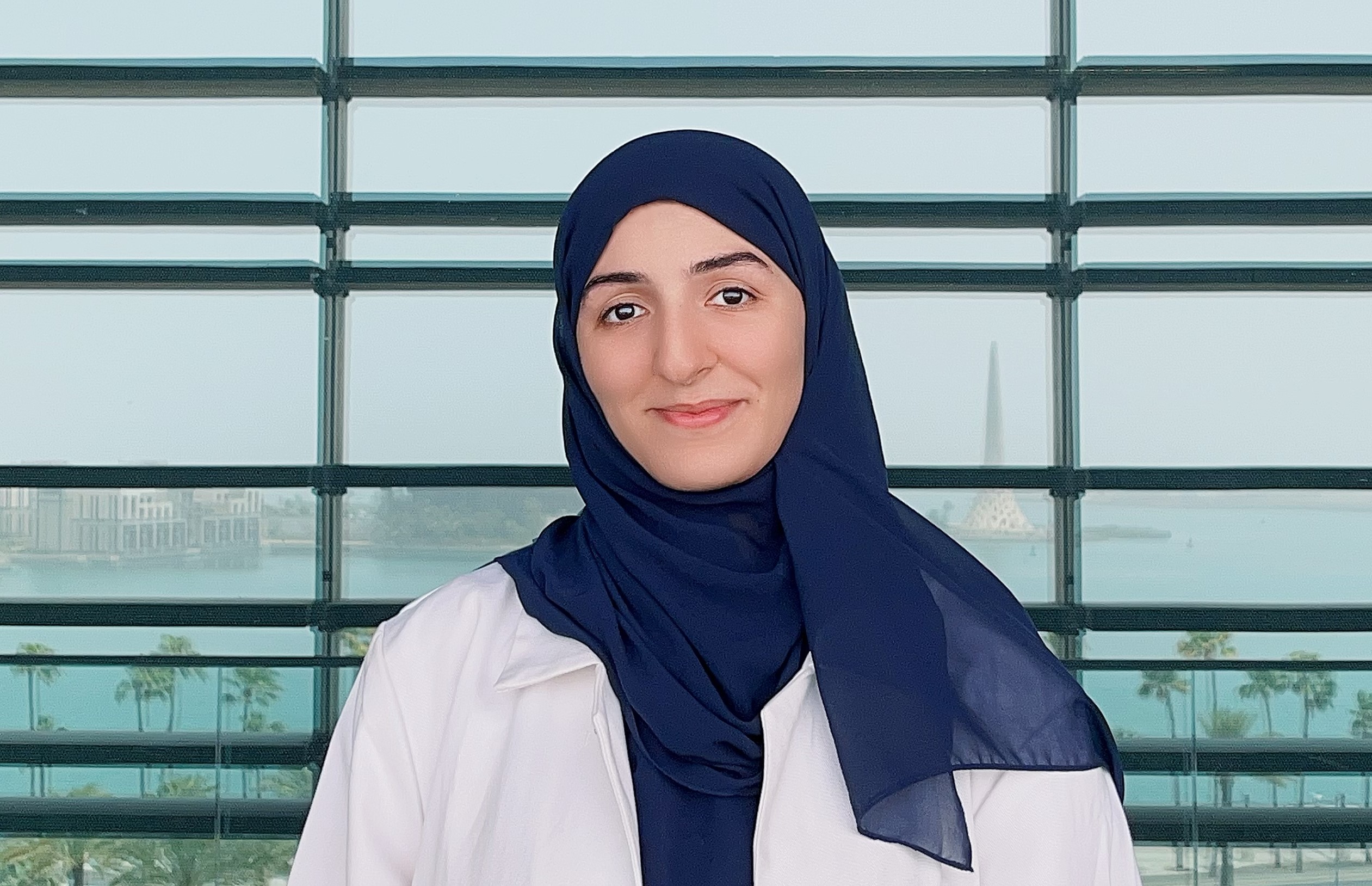
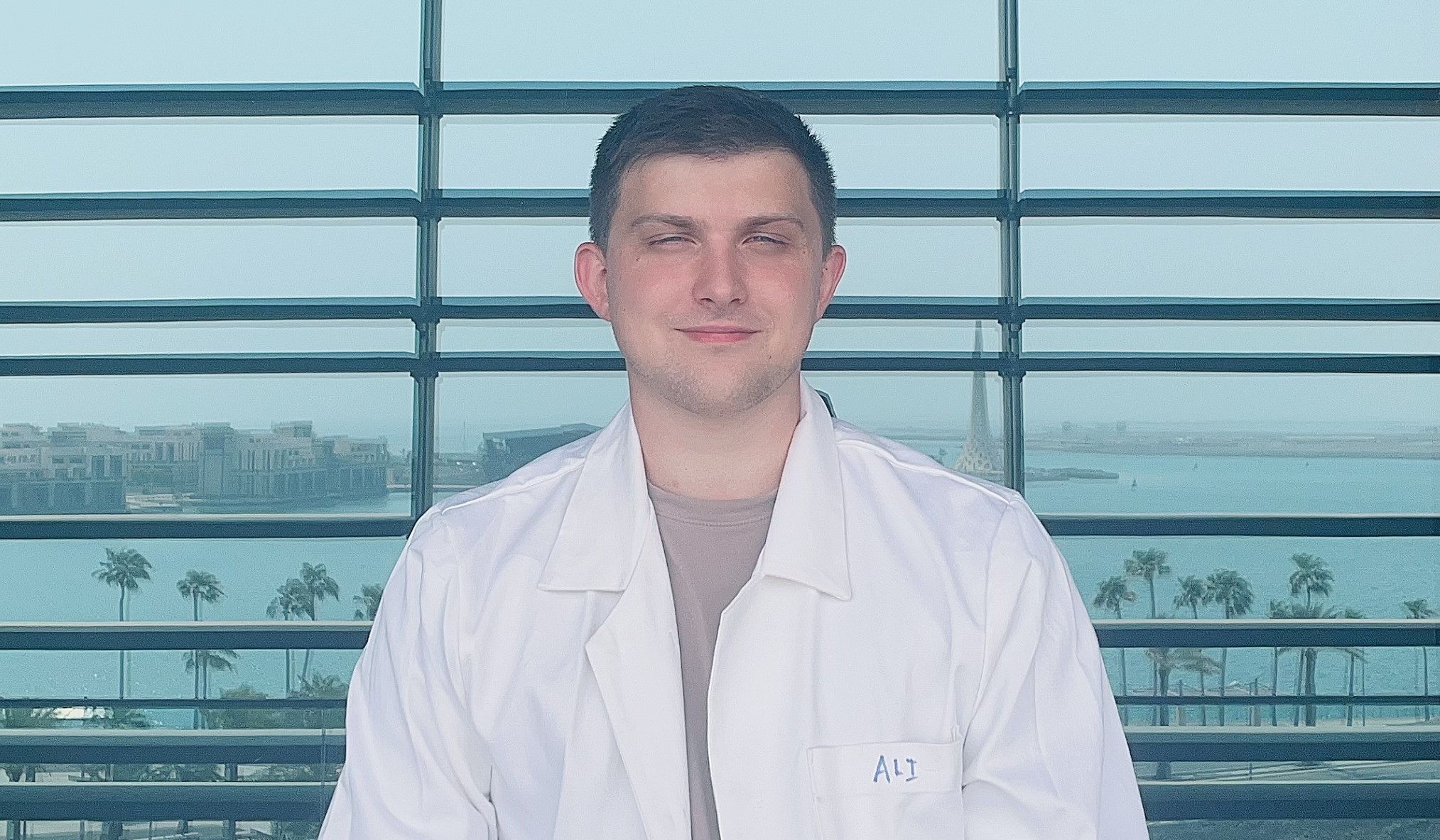
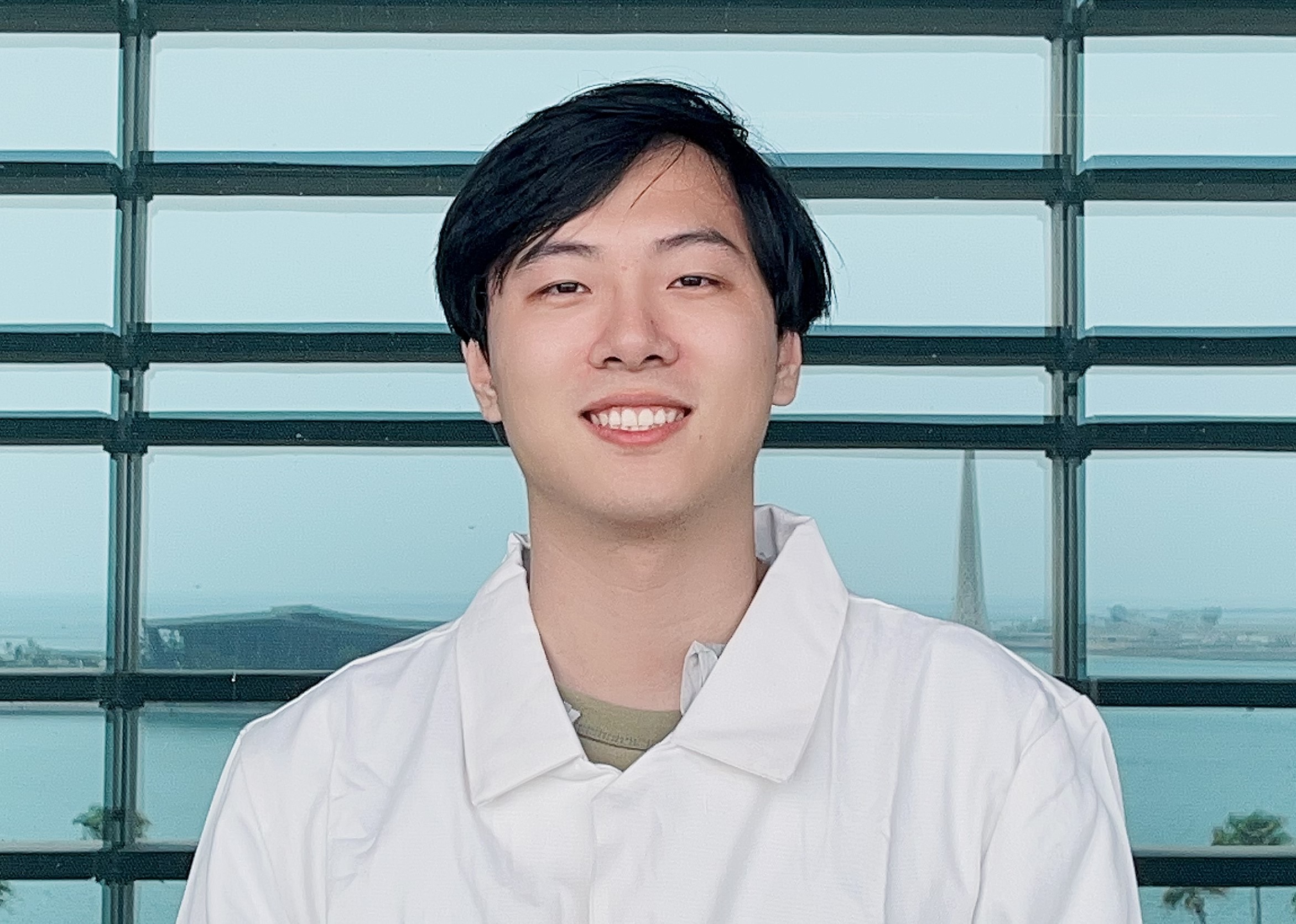
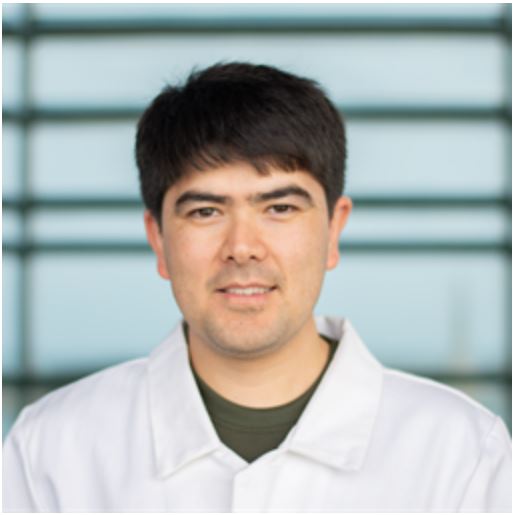
PhD student, KAUST, Thuwal, Saudi Arabia,2023-present
B.Sc., Chemistry, Turkmen State University, Turkmenistan, 2017
M.Sc., Chemical nanoengineering, Aix-Marseille University, France, 2021
Determination of Pb(II) Ions in Water by Fluorescence Spectroscopy Based on Silver Nanoclusters, Luca Burratti, Eziz Naryyev et.al., Chemosensors (2022)
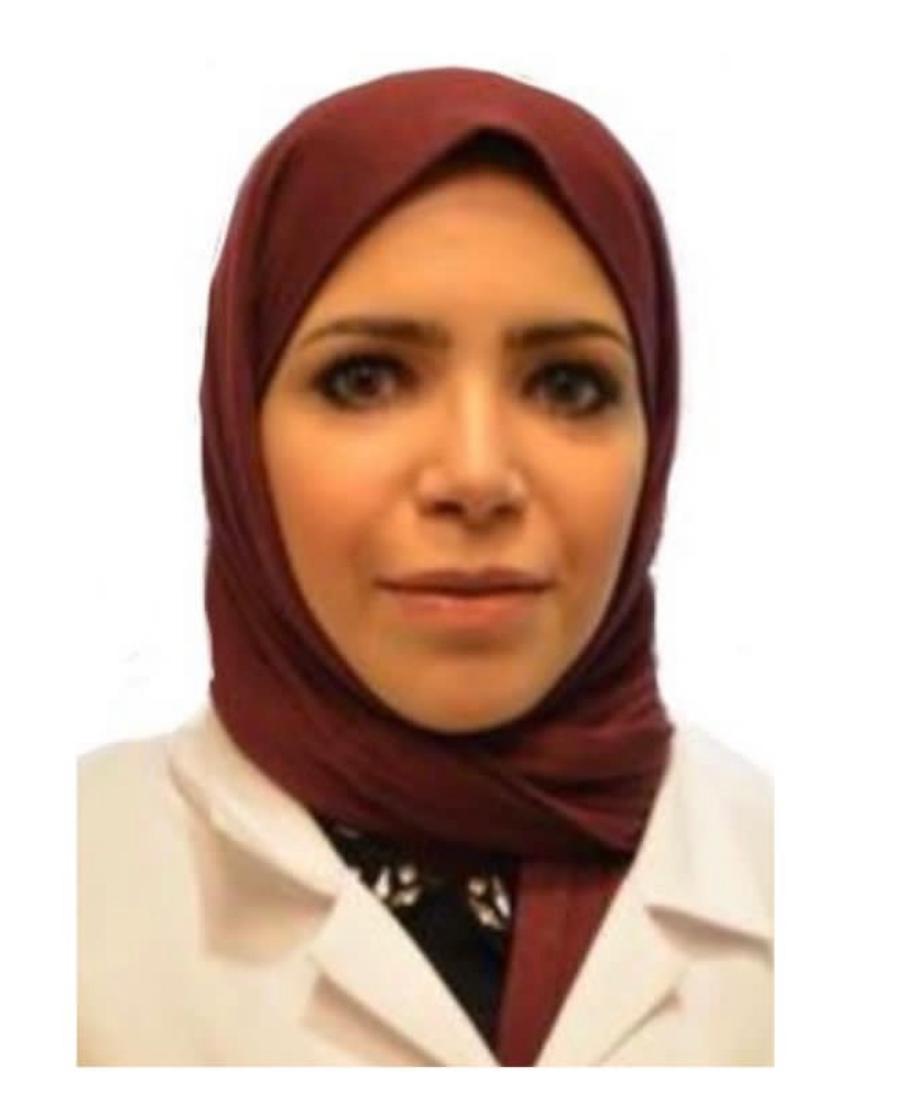
2021- Current: M.Sc/Ph.D. Student, KAUST, Saudi Arabia.
BSc. (Hons), Pharmaceutical Chemistry, Ontario Tech University, Canada.
Design, synthesis and application of nano and porous organic materials.
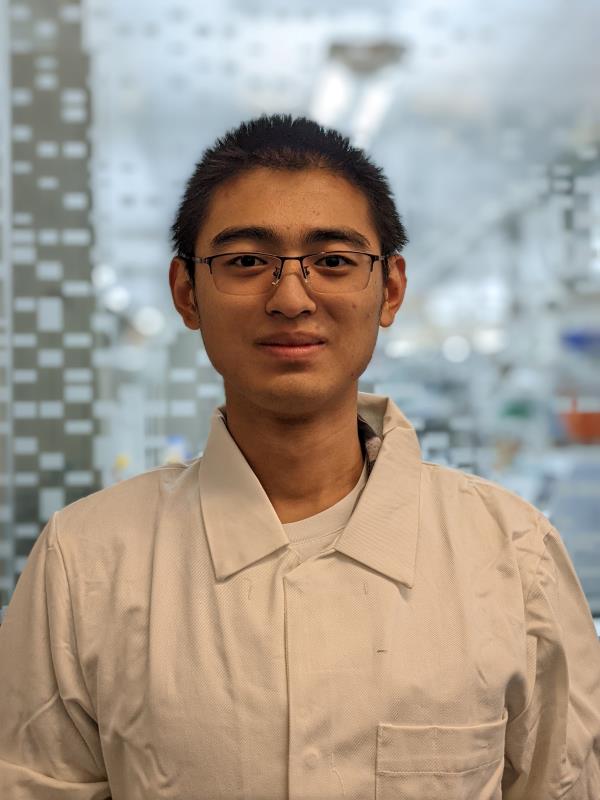
Electrochemistry, NRR, Homogenous catalysis
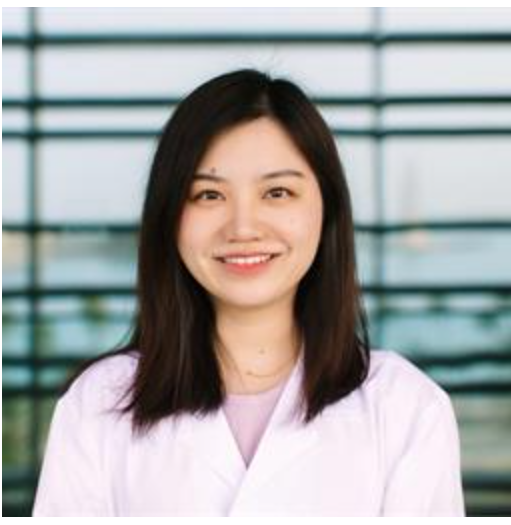
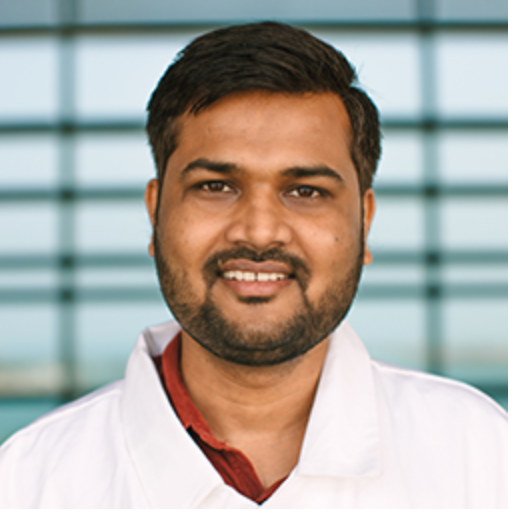
Synthesis of nanomaterials for electrocatalysis
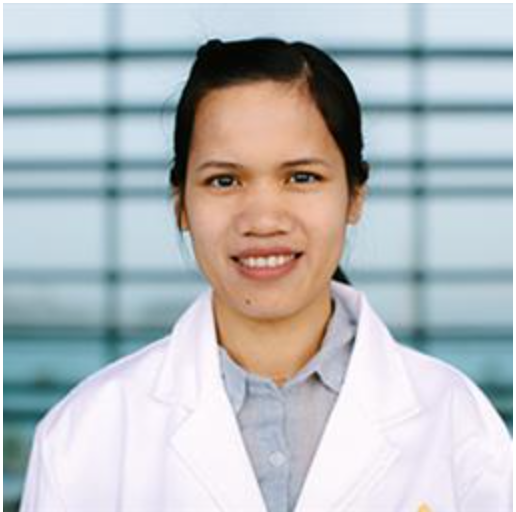
Research focus on synthesis, modification, and characterization of flat-sheet and hollow fiber membranes for osmotically-driven separation processes, i.e. forward osmosis, pressure-retarded osmosis. Besides, fouling, concentration polarization and physicochemical aspects of membrane filtration processes, i.e. forward osmosis, reverse osmosis, nanofiltration, are studied.
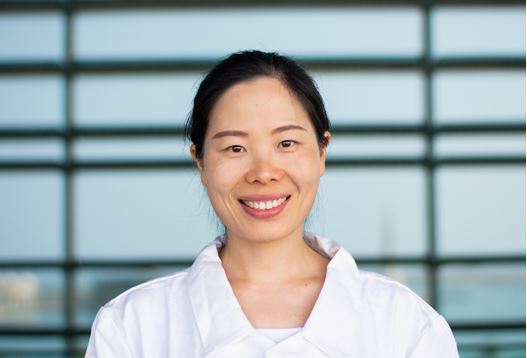
2022-Present: research coordinator, KAUST, Thuwal, Saudi Arabia.
2016-Master, Chemical Engineering and Technology, Dalian University of Technology, Dalian, China
Synthesis and Application of Molecular Sieve; Hydrogenation catalysts; Adsorbent for gas purification
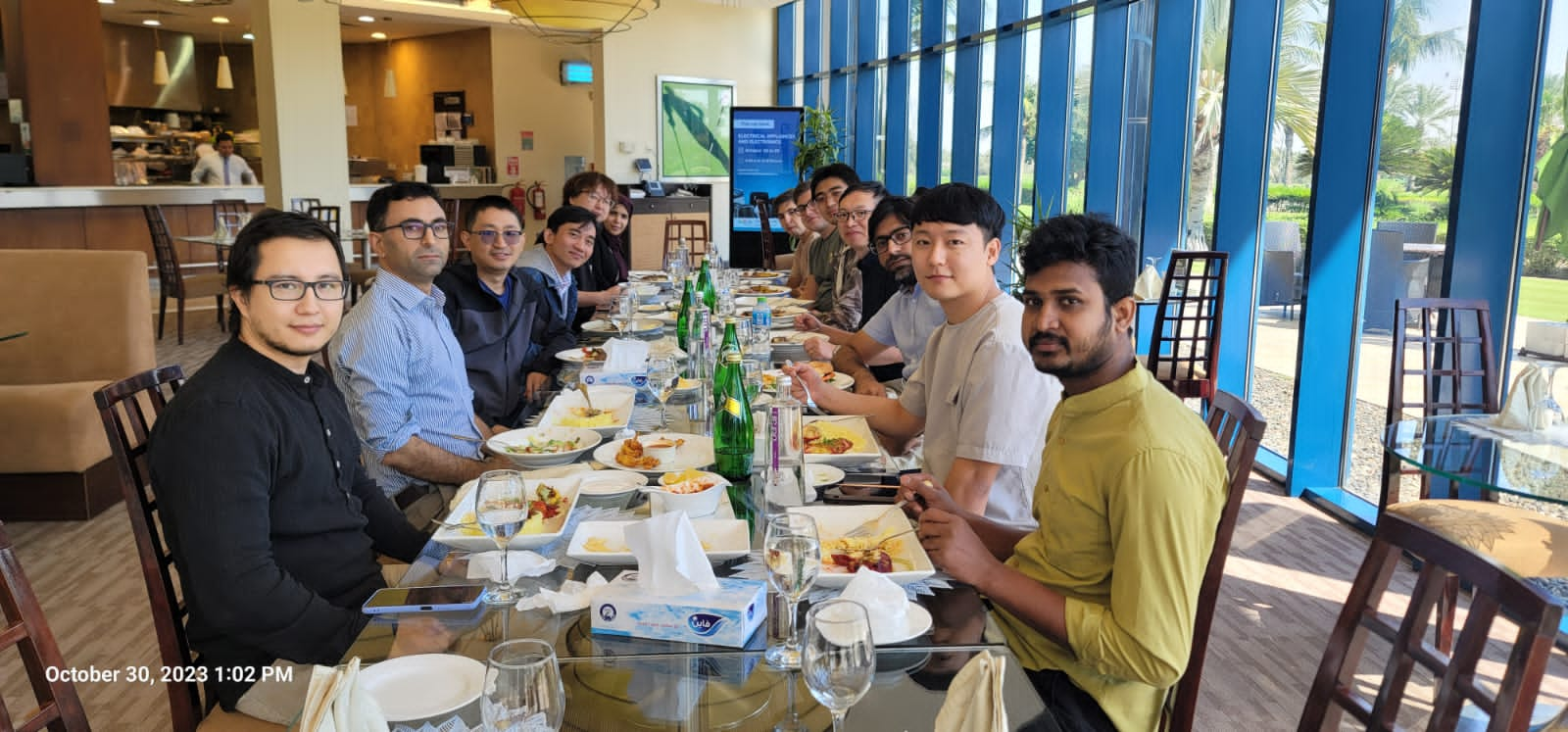

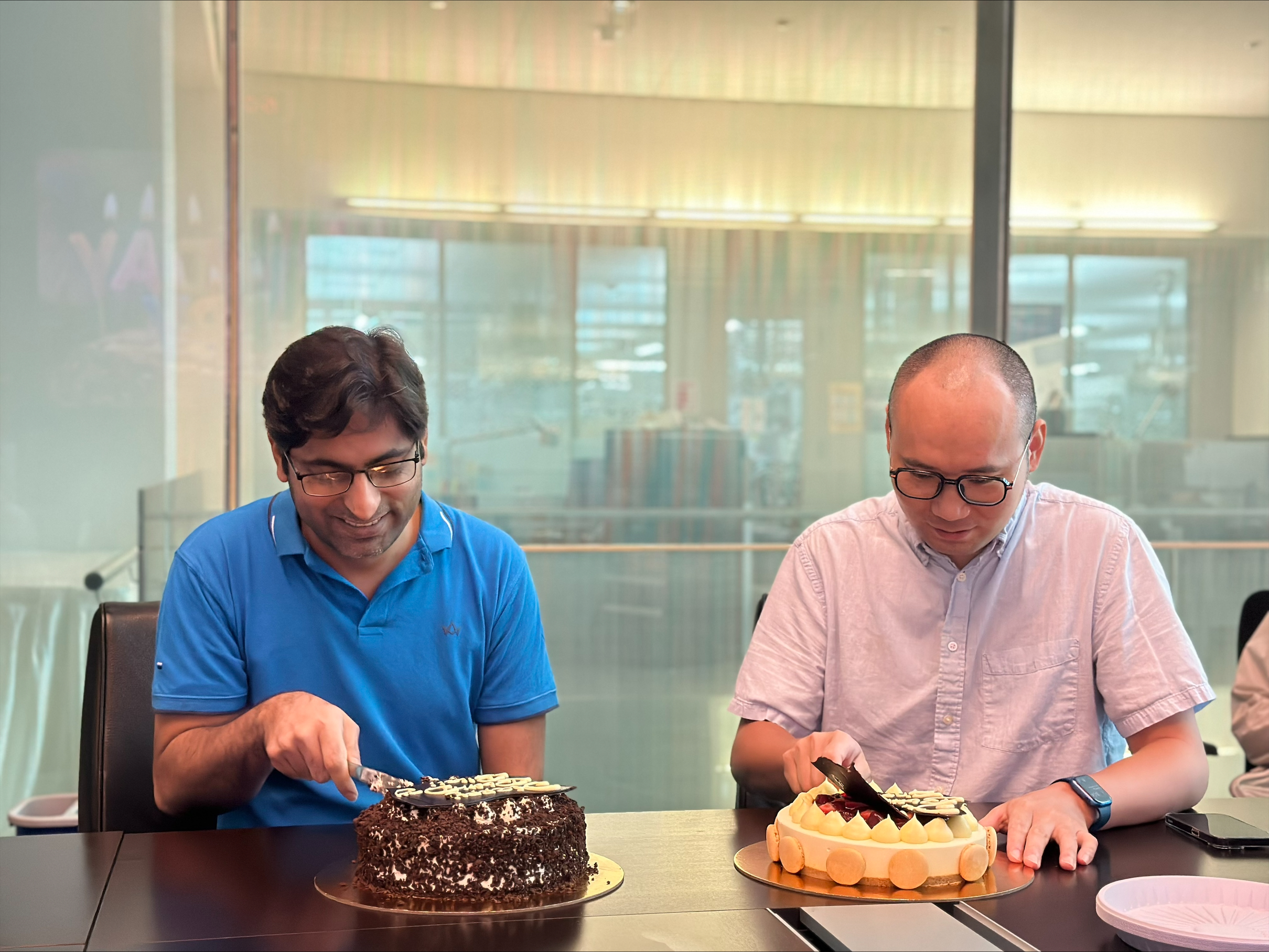
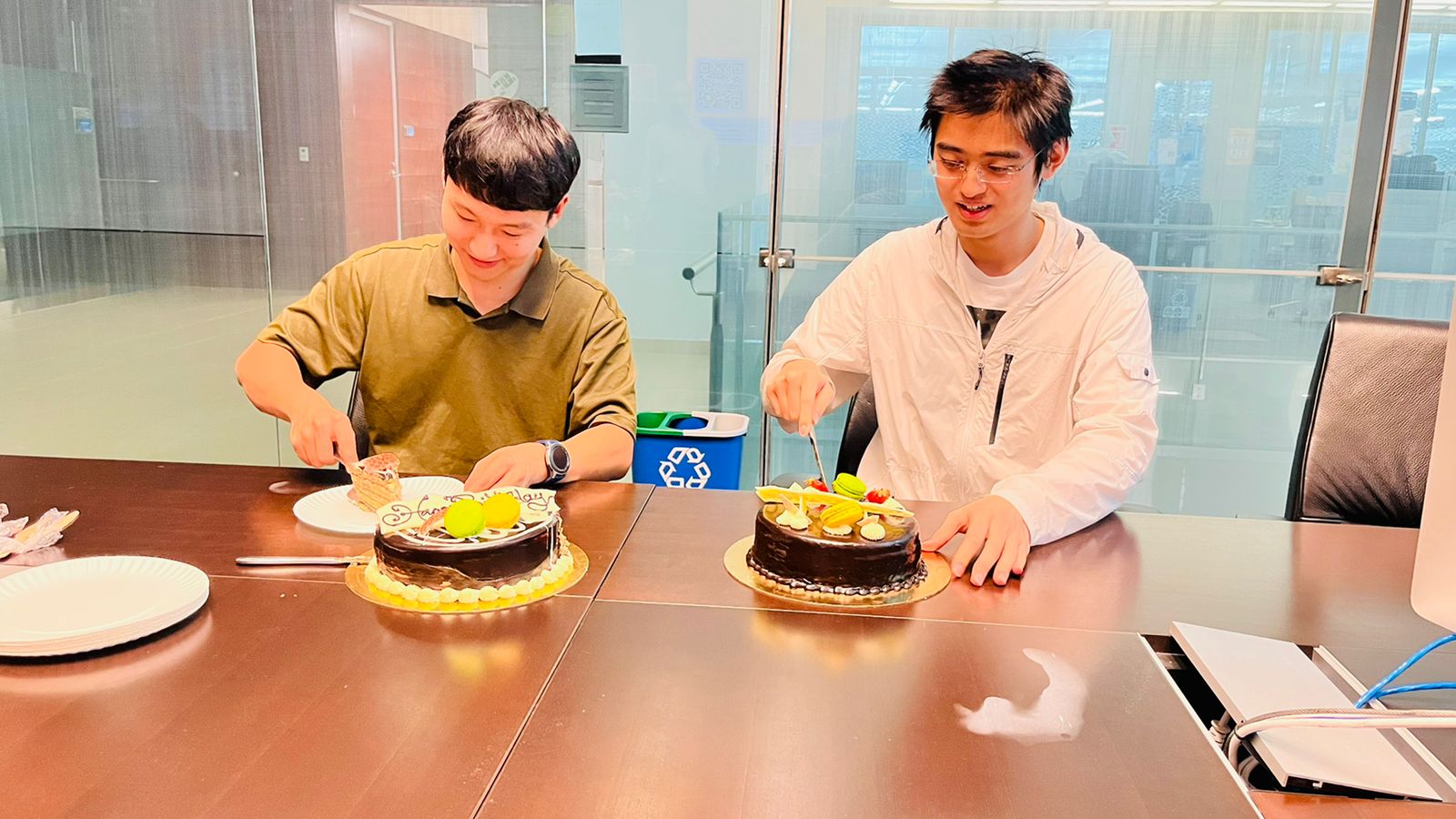
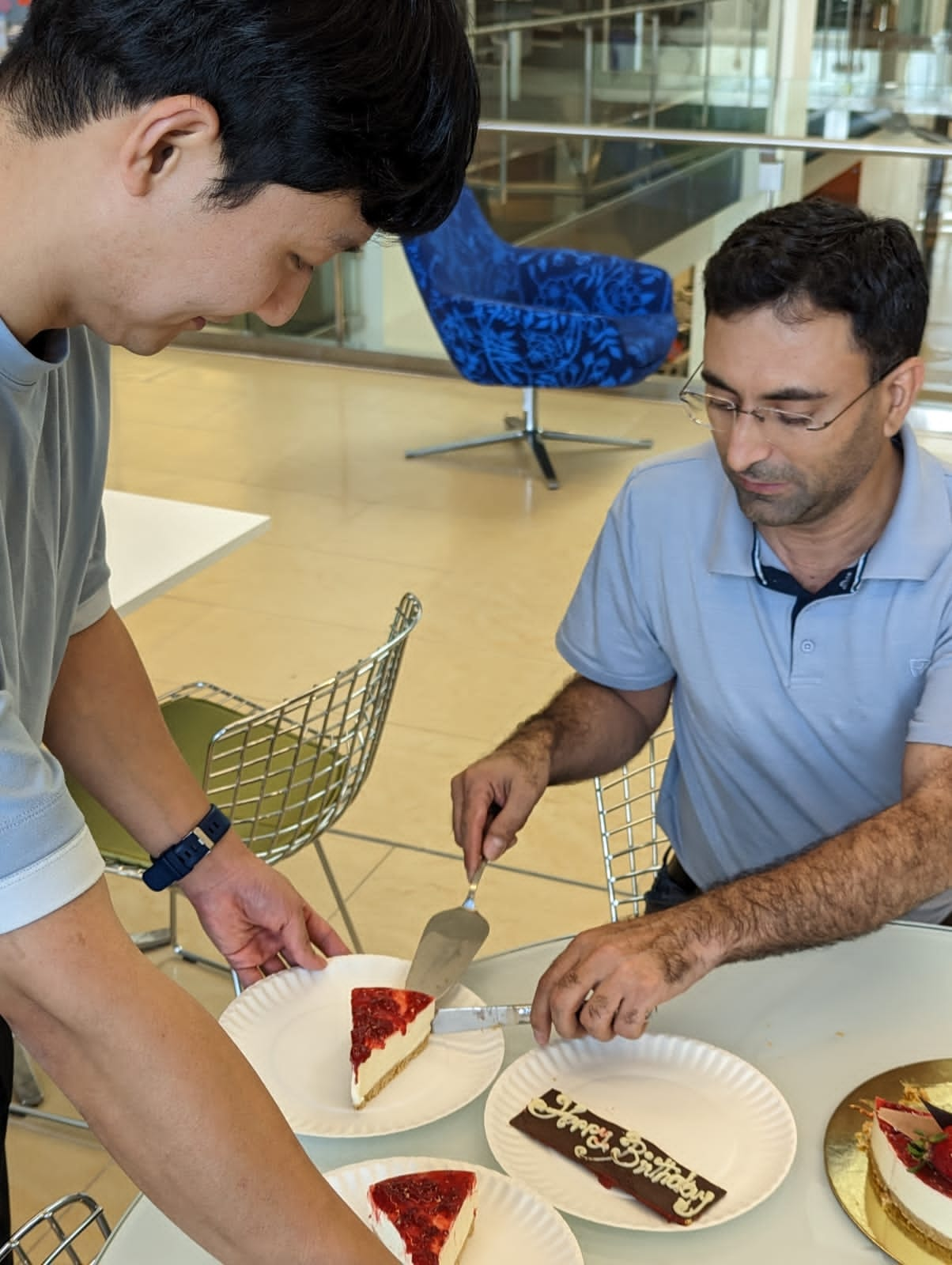
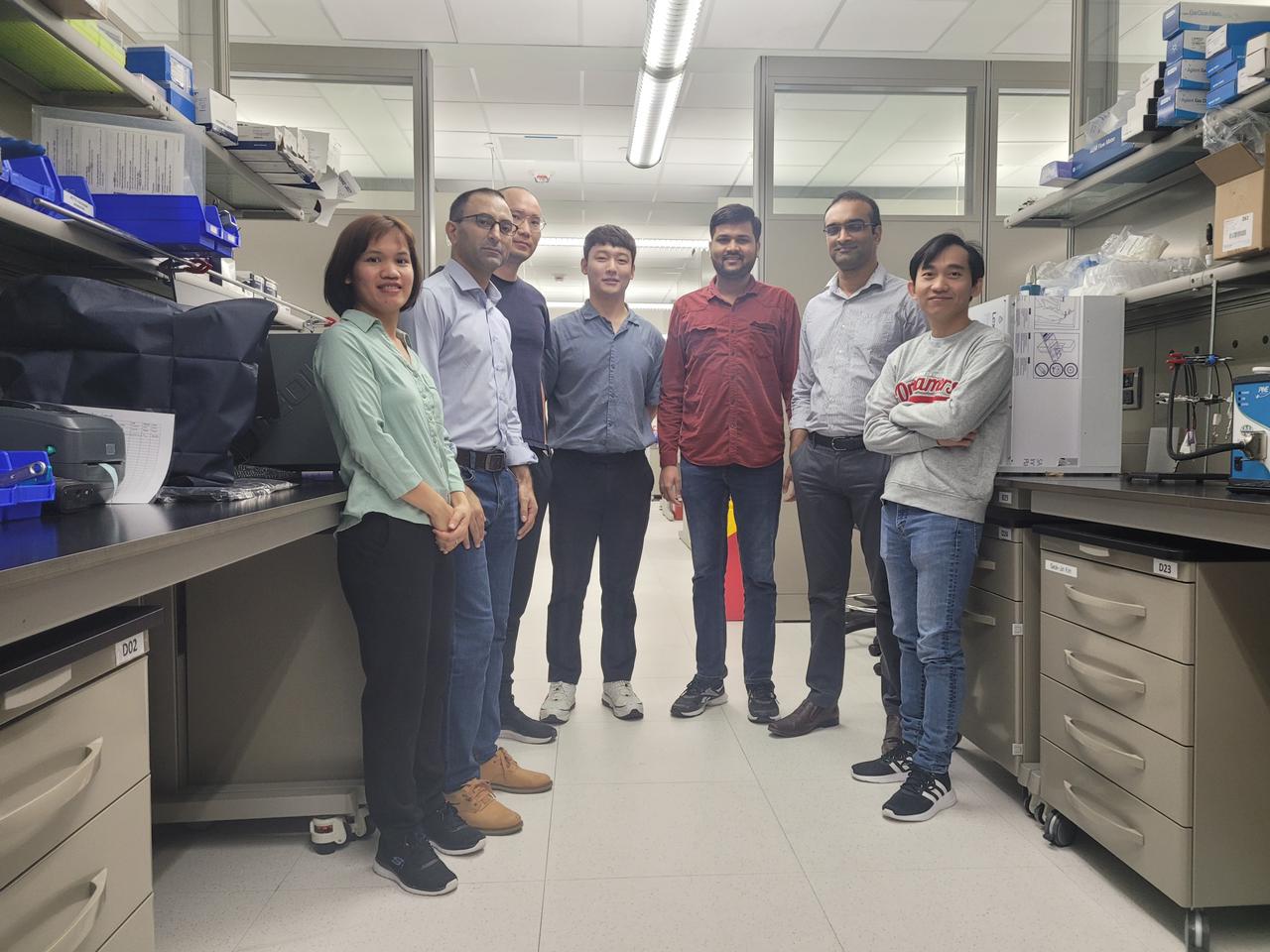
Looking forward to creating value with you